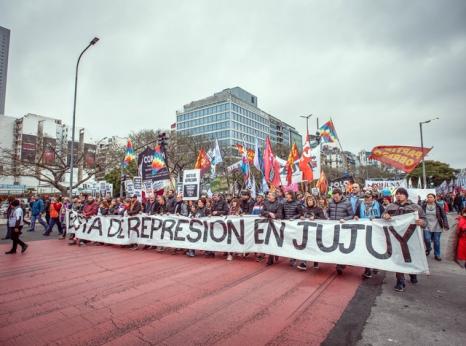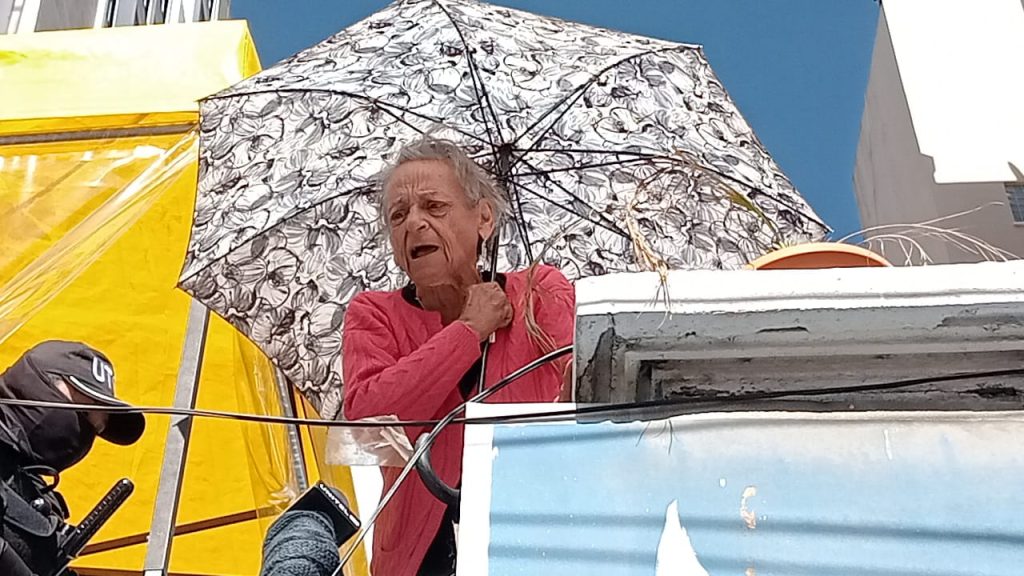This month we bring you news that:
- Regional – there is a new report by several NGOs on how armed criminal gangs have expanded their presence in the Amazon, threatening indigenous inhabitants.
- Peru – Amnesty has a petition calling for the perpetrators of the killings during last year’s protests to be prosecuted.
- Colombia – Amnesty has a petition demanding that the Colombian government protects Human Rights Defenders at risk, in particular members of the human rights NGO CREDHOS .
- Brazil – Amnesty has issued an action and a video interview with the mother of Pedro Henrique, a Brazilian human rights defender killed by police in 2018.
- Argentina – Amidst protests against new decrees, Amnesty has published an open letter to President Milei’s government urging that people must be at the centre of all public policy.
- Chile – Amnesty has an Urgent Action calling for an end to police impunity for excessive use of force during the 2019 protests.
- Venezuela – the Maduro government has mobilised troops, threatening to take action on a land claim on the oil-rich Essequibio region of Guyana.
REGIONAL
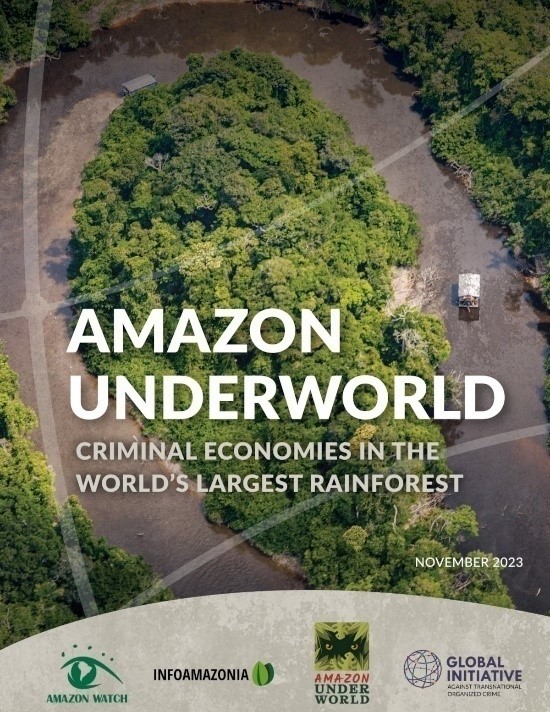 A group of NGOs, including Amazon Watch, have released a report Amazon Underworld (based on the work of the Amazon Underworld research journalism project and developed together with the Global Initiative Against Transnational Organized Crime) that shows how criminal organisations and armed groups have expanded their presence, increased their political control and diversified their economies in the Amazon with disastrous impacts on Indigenous peoples.
A group of NGOs, including Amazon Watch, have released a report Amazon Underworld (based on the work of the Amazon Underworld research journalism project and developed together with the Global Initiative Against Transnational Organized Crime) that shows how criminal organisations and armed groups have expanded their presence, increased their political control and diversified their economies in the Amazon with disastrous impacts on Indigenous peoples.
PERU
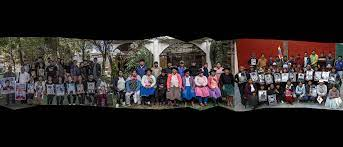 Please sign the petition that we have placed on the AIUK website calling on the Peruvian Attorney General to press ahead with criminal investigations into the deaths and injuries during the protests in Peru between December 2022 and February 2023. After a year, the families and communities are still waiting for truth, justice and redress.
Please sign the petition that we have placed on the AIUK website calling on the Peruvian Attorney General to press ahead with criminal investigations into the deaths and injuries during the protests in Peru between December 2022 and February 2023. After a year, the families and communities are still waiting for truth, justice and redress.
Ex-President Fujimori was released from prison on 6 December, following an order by Peru’s Constitutional Tribunal. Fujimori was serving a 25-year sentence for his role in extrajudicial killings, abductions, enforced disappearances and corruption. The Inter-American Court of Human Rights (IACHR) had ordered Peru not to release Fujimori, but the tribunal argued that the order was not binding and then ignored a further IACHR order to refrain from implementing the ruling pending a review by the Court. This article provides the background and the political context. [Read more…]
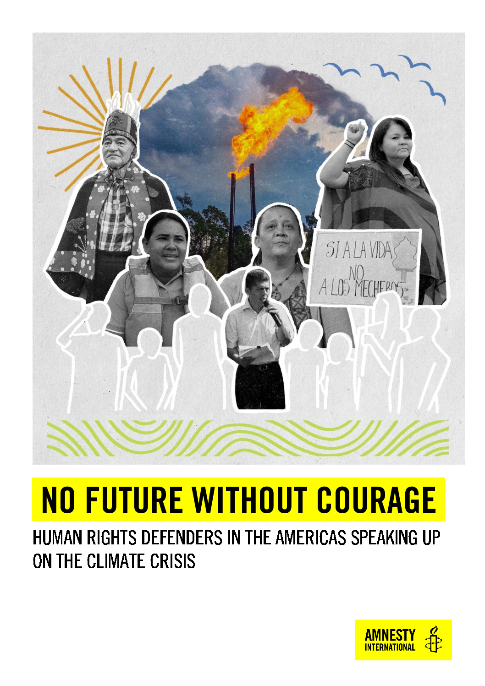 In a new report, No future without courage: Human rights defenders in the Americas speaking up on climate crisis
In a new report, No future without courage: Human rights defenders in the Americas speaking up on climate crisis




